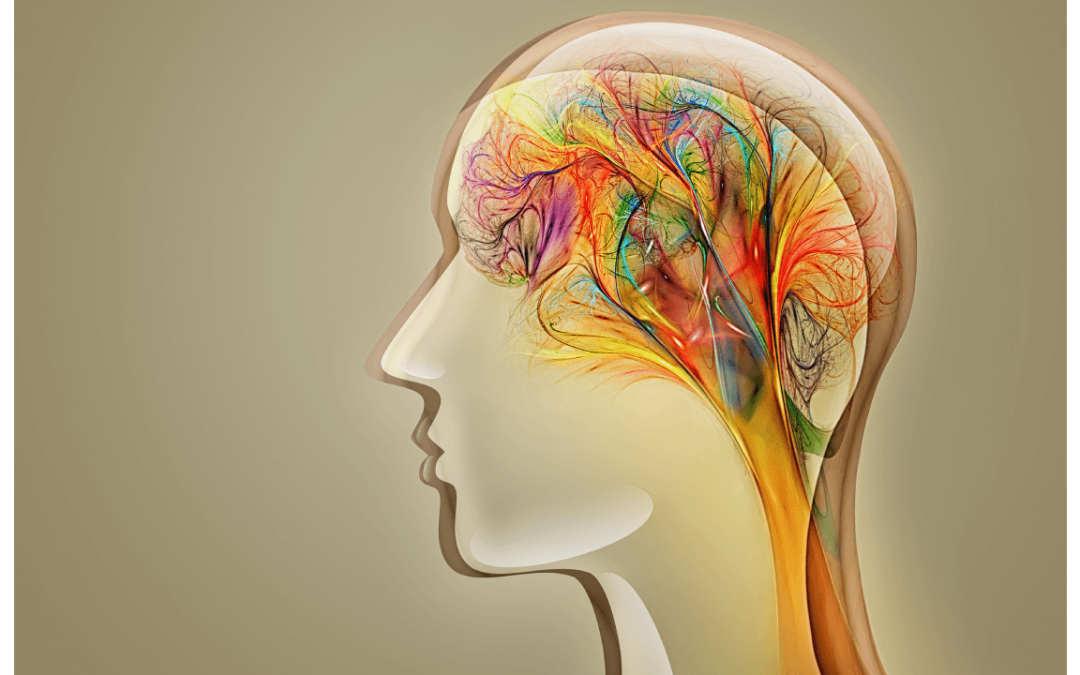Unlocking the Secrets of Memory
Memory is a vital aspect of human life, influencing our relationships, reactions, and experiences. Recent studies have shed light on the fascinating world of memory, revealing intriguing facts that can help us better understand and improve our own memory.
The Brain’s Storage Capacity
Did you know that the human brain can store approximately 2.5 petabytes of information? That’s equivalent to 20 million hours of music or 400,000 hours of movies!
How Memories are Formed
Every time we create a new memory, new brain connections are formed. This means that the more we use our brain and learn new things, the better our brain function becomes.
When Memory Starts Working
Our brain starts storing experiences as early as 20 weeks after conception. This highlights the incredible capacity of the human brain to absorb and retain information from a very early age.
Interesting Memory Facts
– Left-handed people have better memories: Research suggests that left-handed individuals tend to have an advantage when it comes to memory.
– Good memories last longer: Positive experiences tend to stay with us longer and more vividly than negative ones.
– Sleep is essential for memory: A good sleep schedule, consistent sleep timings, and adequate sleep duration all contribute to better memory storage.
– Saying it aloud makes it stick: Verbalizing information can help solidify it in our memory.
– Visual and emotional connections aid memory: Memories associated with visual stimuli and emotions tend to be more vivid and lasting.
Improving Memory
Fortunately, there are several techniques to enhance memory, including:
– Meditation: Relaxing the mind and improving focus can help improve memory storage.
– Exercise: Regular physical activity can boost the functioning of the hippocampus, the center of memory storage.
– Power naps: Taking a short nap before a test or challenging task can help retain new information.
– Learning new skills: Engaging in novel activities, such as learning a new language, can strengthen brain networks and preserve memory.
Factors That Affect Memory
Be aware of the following factors that can impact memory:
– Stress, drugs, and alcohol: These can all negatively affect memory and cognitive function.
– Depression: Depression can impair episodic memory and overall cognitive performance.
– Thyroid levels: Both high and low thyroid levels can affect memory and concentration.
– Certain medications: Some medications can cause temporary memory loss, but this typically reverses once the medication is stopped.
Debunking Memory Myths
Contrary to popular depictions in movies, amnesia doesn’t work like a simple on/off switch. Memory loss and recovery are complex processes that can’t be reduced to a single dramatic event.
Conclusion
Memory is a complex and multifaceted aspect of human cognition. By understanding how memory works and implementing strategies to improve it, we can unlock our full potential and enhance our overall quality of life.
References
https://bestlifeonline.com/facts-about-memory/
https://www.verywellmind.com/facts-about-memory-2795359
https://brainmadesimple.com/human-memory-facts/
https://www.nationalgeographic.com/science/health-and-human-body/human-body/human-memory/
https://www.lifehack.org/articles/productivity/9-facts-about-your-memory-that-you-wont-believe-you-didnt-know.html

